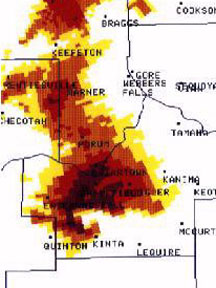An example of detection of a hook echo using radar
NWSFO/Tuslas, OK
Does wind have an effect on radio waves?
Wind does not have an effect on radio
waves. Wind cannot affect radio waves because the air particles associated with wind are far too small for the radio wave to bounce off of. Radio waves can only bounce off of large objects.
Wind can be measured by Doppler radar.
Doppler radar uses microwaves instead of radio waves. Microwaves are a lot
smaller and can detect such
small things as clouds, dust, and precipitation.
Clouds, dust, and precipitation are moved around the atmosphere by the wind.
Since scientists can measure these things, they can also measure the speed and
direction of the wind!
Submitted by John (Ohio, USA)
(February 16, 1998)
You might also be interested in:
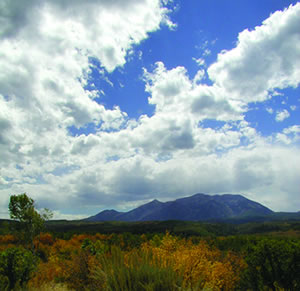
Clouds are the pretty white fluffs you see in the sky. They are made up of tiny water drops. Sometimes, if the wind is fast enough, you can even watch the clouds move. Clouds can come in all sizes and
...more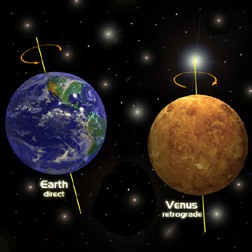
It depends on which type of motion you are asking about. If you take a birds-eye view from the top of the solar system all the planets orbit around the Sun in a counter-clockwise (or direct) direction.
...more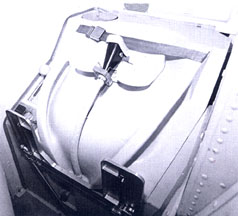
Have you ever wondered how astronauts live in space? Did you know they do a lot of the same things we do here on Earth? Astronauts eat, exercise and sleep just like we do. However, their food isn't always
...more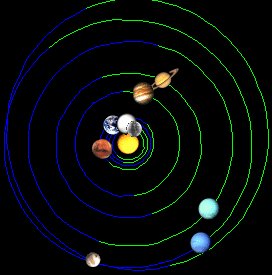
There is a really neat internet program called Solar System Live that shows where all of the planets and the Sun are. If you go to that page, you'll see an image similar to the one on the left. Below the
...more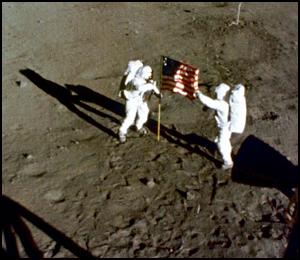
The picture of the American Flag (the one put there by the Apollo astronauts) is waving (or straight out) in the wind. How could that be possible if there is no atmosphere on the Moon? Was it some sort
...more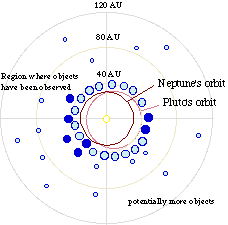
I was wondering if there is a new planet? Are there planets (a tenth planet?) after Pluto belonging to our solar system? What are the names of the new planets discovered in the solar system? Are there
...more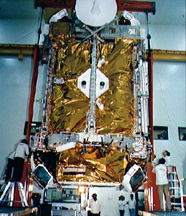
When an object has a really high energy, it can form a black hole. This is called a primordial black hole. Primordial black holes were formed near the beginning of the universe. Primordial black holes
...more
